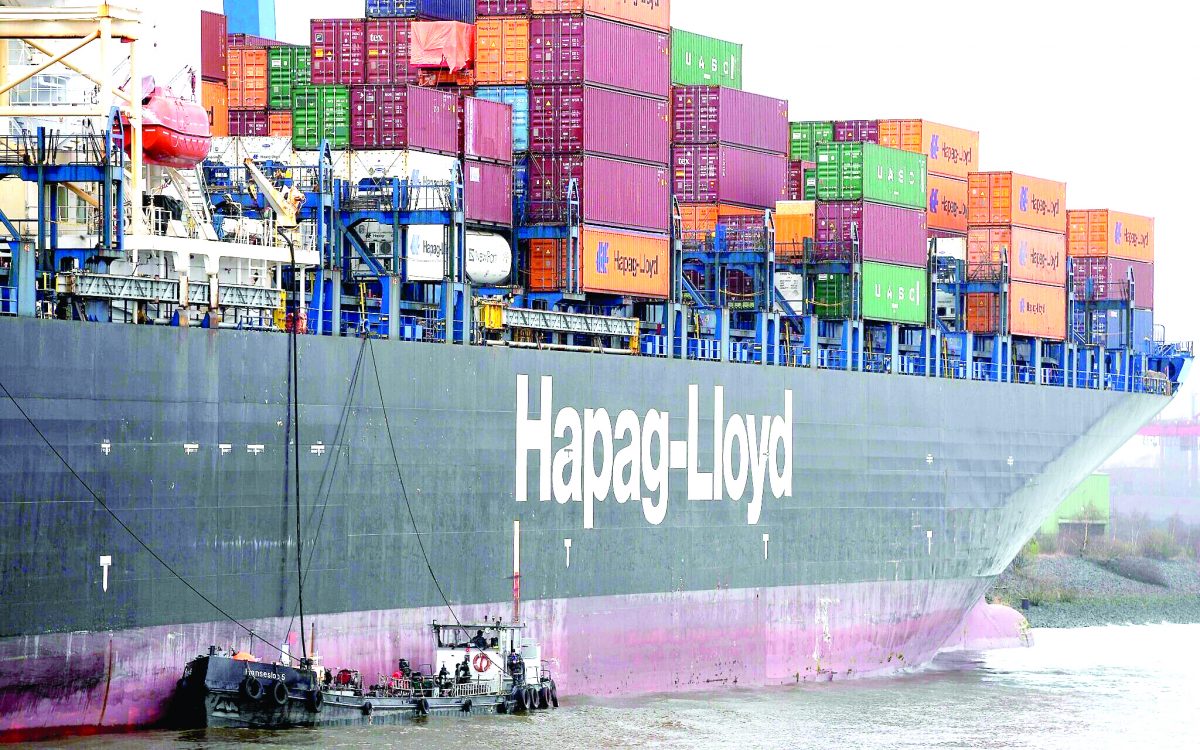Red Sea attacks sparks fears of costly imports

Import and export industry stakeholders have raised concerns over the resurgence of pirates in international waters as disruptions of trade begin to impact the economy.
Kenya International Freight and Warehousing Association (KIFWA) and Shippers Council of East Africa (SCEA) have warned that the escalating attacks by rebels in the Red Sea will likely result in increased costs for imported goods, as shippers bear the financial burden of addressing security challenges.
The repercussions of this resurgence include higher freight rates, extended turnaround times for vessels, and delays in cargo deliveries at the port as most of the commercial ships ate forced to navigate longer routes.
In recent days, the focus of global attention has shifted to Red Sea, with Houthi rebels in Yemen launching attacks on commercial vessels in the region.
Located on the southern end of the Red Sea, the Bab al-Mandab Strait, also referred to as the Gate of Tears, serves as a critical waterway. The group, declaring its support for Hamas, claims to target ships travelling to Israel.
Rebel movement
This decision follows a series of attacks on vessels originating from a part of Yemen controlled by the Houthi rebels, an Iran-backed rebel movement. The group, declaring its support for Hamas, claims to target ships travelling to Israel.
Positioned between Yemen on the Arabian Peninsula and Djibouti and Eritrea in the Horn of Africa, the strait links the Red Sea to the Gulf of Aden, ultimately connecting to the Indian Ocean.
Alternative routes are longer and this shift could spike the cost of shipping if the rebels continue with the attacks.
Agayo Ogambi, Head of Policy and Advocacy at the Shippers Council of East Africa, highlighted the significant impact on freight costs, stating that the average freight has surged by approximately $1,000 due to the attacks in the Red Sea.
With many vessels opting for the longer West Africa route, transit times have increased, affecting the timely delivery of goods. “It should be noted that 20 per cent of global oil flows through the Red Sea, the interruption of global trade will be severe,” noted Ogambi who exclusively spoke to the Business hub yesterday. Any disruption to trade in this crucial waterway would have severe consequences.
Shippers are now facing longer transit times, ranging from 12 to 15 days, prompting concerns about potential increases in freight costs and insurance. This delay has also affected the timely delivery of key exports such as tea and coffee.
Roy Mwanthi, Kenya International Freight and Warehousing Association (KIFWA) chairman, also shared his concerns, saying the situation has led to delays in cargo deliveries, higher freight rates, slower vessel turnaround times, and increased costs for imported goods.
The association is urging governments to promptly address the challenges posed by the attacks. The swift resolution is crucial as vessel owners increase freight charges, and cargo owners adjust import costs, causing a significant impact on the overall facilitation of international trade.
In response to the escalating situation in the Red Sea, Danish shipping company Maersk has decided to suspend all journeys through the region.Given the severity of recent incidents, Maersk, a major global shipping company, expressed concern for the safety and security of seafarers.
Container vessel
According to BBC, following a near-miss incident involving Maersk Gibraltar and another attack on a container vessel, the company has directed all Maersk vessels in the region scheduled to pass through the Bab al-Mandab Strait to halt their journeys until further notice.
German transport company Hapag-Lloyd has also announced a similar suspension of operations in the area after one of its ships came under attack. Instead, they have rerouted via southern Africa, a longer and more expensive journey. The canal is the quickest sea route between Asia and Europe.
Shipping firms are now reviewing whether it is safe to return after the United States announced a multinational maritime security initiative in the Red Sea in response to attacks on vessels by Yemen’s Houthis.












